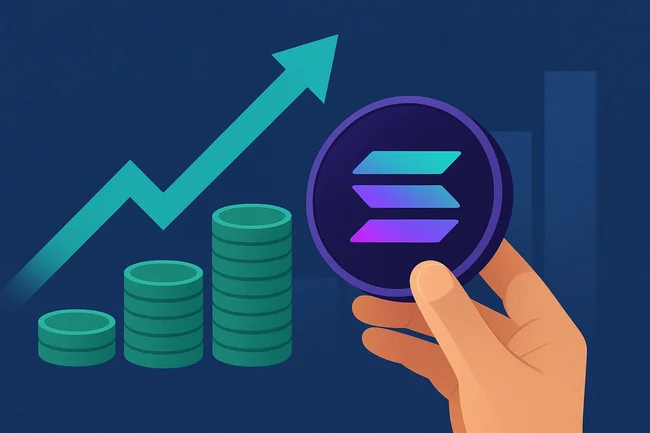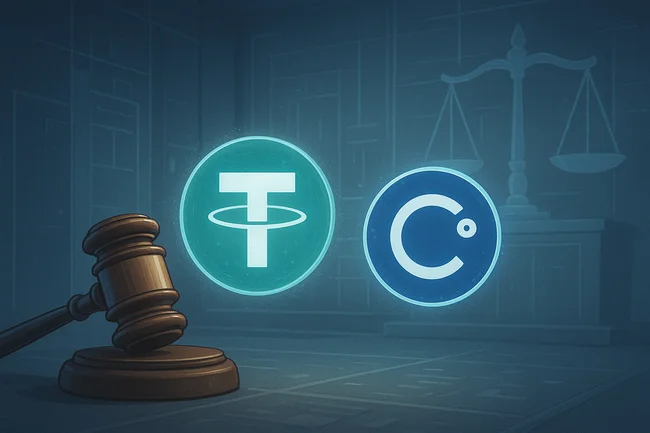In cryptocurrency networks, a transaction fee pool refers to the collection of fees paid by users for processing their transactions. When users send transactions, they can include a fee as an incentive for miners or validators to prioritize and confirm their transaction faster.These fees can vary based on network demand. During peak times, users might offer higher fees to ensure quick processing. The transaction fee pool represents the sum of these fees from multiple transactions that await confirmation.Miners or validators draw from this pool when they select transactions to include in the next block. Higher fees make transactions more attractive for processing, while lower fees may result in longer wait times. The fee pool plays a crucial role in maintaining network efficiency and security. It encourages miners to continue validating transactions and securing the network, especially when block rewards decrease over time. As a result, it helps stabilize the overall performance and usability of the system.

DeFi Dev Corp. Acquires Additional 86,000 SOL in $9.6 Million Purchase
DeFi Development Corp. has acquired 86,307 Solana (SOL) tokens at an average price of $110.91 each, increasing its total SOL



